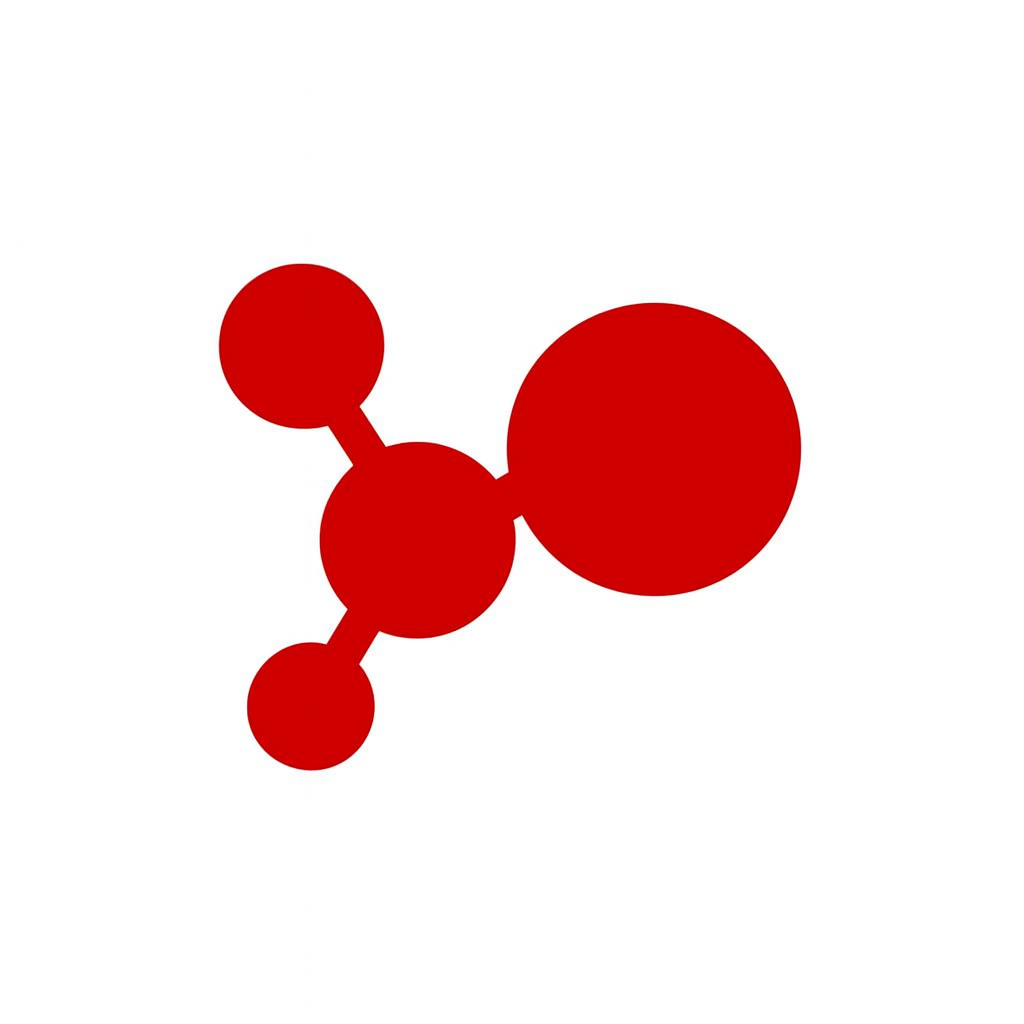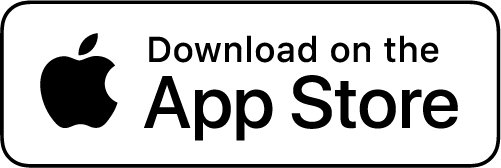The Hidden Backbone of AI: Top 10 Data Labelling Tools (2025)
High-quality labels turn raw data into reliable intelligence. Here’s a professional, image-rich breakdown of the leading platforms and when to use them.
Market Overview
The data labelling market is expanding rapidly, reflecting the central role of high-quality annotations in AI performance and safety. Analysts project strong growth through the next decade as AI systems permeate more industries and modalities.
Note: Chart is illustrative for design; consult market research for precise figures.
10. Roboflow
Why it stands out: An end-to-end pipeline for computer vision—from data ingestion and annotation to augmentation, versioning, training, and deployment.
- Key differentiator: Community-driven Roboflow Universe of datasets and models.
- Best for: Small-to-midsize teams building vision apps that want a streamlined toolchain.
9. iMerit
Why it stands out: Software plus a managed, skilled workforce for domain-specific annotation.
- Key differentiator: “Service-first” delivery with expert-in-the-loop for complex data.
- Best for: Projects where quality and domain expertise outweigh DIY speed.
8. Sama
Why it stands out: Ethical, mission-driven approach (B-Corp) paired with reliable annotation delivery.
- Key differentiator: Impact-sourcing model with strong quality metrics.
- Best for: Teams that prioritize social responsibility without sacrificing performance.
7. Dataloop
Why it stands out: More than annotation—an orchestration platform for AI data pipelines.
- Key differentiator: Automation and custom workflow design (UI or SDK).
- Best for: Teams scaling MLops with tight data-to-model loops.
6. V7
Why it stands out: Darwin enables AI-assisted labelling with model-in-the-loop workflows.
- Key differentiator: Support for complex formats (DICOM, NIfTI), video tracking, multi-stage review.
- Best for: Specialized domains where assisted annotation saves time.
5. Encord
Why it stands out: Integrates active learning, governance, and compliance into annotation.
- Key differentiator: Smart sample selection and strong regulatory posture (e.g., HIPAA, SOC 2).
- Best for: Complex, multimodal data in sensitive or regulated environments.
4. SuperAnnotate
Why it stands out: Enterprise-grade platform spanning image, video, text, and 3D with deep workflow control.
- Key differentiator: Custom pipelines, robust QA, and strong security posture (SOC 2, ISO 27001, HIPAA).
- Best for: High-volume, multi-domain annotation at scale.
3. Appen
Why it stands out: One of the largest global workforces for data annotation—broad linguistic and cultural coverage.
- Key differentiator: Massive scale and 200+ language breadth.
- Best for: Multilingual, geographically diverse datasets at very large scale.
2. Labelbox
Why it stands out: A modern “data factory” for AI teams—automation, auditability, and model feedback loops.
- Key differentiator: Data curation, evaluation, and RLHF-friendly workflows.
- Best for: AI-native teams integrating annotation tightly with MLOps and evaluation.
1. Scale AI
Why it stands out: Combines a powerful platform and a managed workforce to handle complex, sensitive, high-volume workloads.
- Key differentiator: End-to-end “data engine” trusted by high-stakes customers.
- Best for: Organizations needing reliability, speed, and scale across demanding domains.
Source inspiration: AI Magazine’s “Top 10: Data Labelling Tools.





